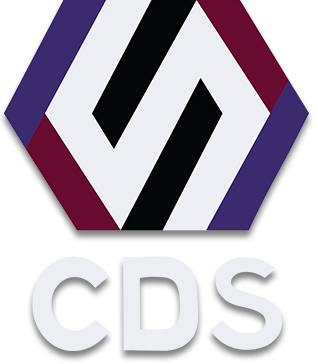It's easy to click a link and assume it's safe. Whether in a seemingly legit marketing email or shared by a friend on Facebook, it is always important to check the security of a website before clicking through or staying on the website. Malicious websites are used by scammers to steal your data and install malicious software on your PC. Here is everything you need to look out for.
Check the URL (Website Address)
-
Look for “https”: A real, secure website will start with “https” (not just “http”). The “s” stands for secure, meaning your connection to the site is encrypted. Look for a padlock symbol next to the web address, too—this indicates a secure connection.
⚠️ Warning: A padlock doesn’t always mean the site is trustworthy, but a lack of one is a clear red flag!
-
Check for misspellings: Scammers often create fake websites that look like real ones, but with slightly altered web addresses. For example, instead of "amazon.co.uk," a fake site might be “amaz0n.co.uk” (notice the “0” instead of “o”). Always double-check for subtle typos or strange domain names.
-
Stick to well-known domains: Legitimate businesses typically use familiar domains like ".com" or ".co.uk". Be cautious with unusual domains like ".xyz" or ".info" unless you’re sure the website is reputable.
- Use “Whois” lookup: You can find out when a website was created by doing a Whois search. If a website claims to be an established business but was created only a few weeks ago, that’s suspicious. Scam sites tend to pop up and disappear quickly.
Be Critical
-
Poor design and broken links: If the site looks outdated, has a lot of broken links (404 page not found), or has low-quality images, it could be fake.
-
Check for spelling and grammar mistakes: Legitimate companies usually invest in high-quality content, so be suspicious if a website has lots of spelling or grammar errors. It’s a sign that it could be put together quickly by scammers.
- Incredible deals! : If its too good to be true, it probably is. Scammers often lure people in with huge discounts or free offers.
Verify Their Credibility
-
Check the “Contact Us” page: Real businesses should provide a phone number, physical address, and professional email address. Be cautious if the only way to contact them is through a form or if the contact details seem vague.
-
Test the contact details: If you’re suspicious, try calling the number or emailing the address. A fake site may not respond or may provide incorrect details. If you can’t easily find any contact information, that’s another red flag.
- Look up reviews: A quick search for customer reviews or complaints on a third party site can help verify if a website is legitimate. Websites like Trustpilot or Google Reviews often have feedback about online stores or services. If a website has no reviews or is full of overly positive, fake-looking reviews, that’s suspicious.
- Legitimate sites will have a clear privacy policy that explains how they collect and use your data. If the website doesn’t have a privacy policy, or if it seems incomplete, it’s better to avoid sharing personal information there.
Be Cautious with Payment Methods
-
Avoid paying by bank transfer: Legitimate websites usually offer secure payment methods like credit cards, PayPal, or other trusted services. Scammers often ask for payments via wire transfers or cryptocurrency, which are hard to trace. Always use a method that offers buyer protection, like a credit card.
-
Check for a secure payment page: When you’re ready to pay, ensure the payment page has “https” in the URL and a padlock symbol. If the payment page looks different from the rest of the site or asks for strange details, like your bank PIN, leave immediately.
Trust Your Gut
- If it feels off, leave the site: Sometimes your instincts are your best defence. If something doesn’t feel right about a website—whether it’s the design, the offers, or the overall vibe—it’s better to stay on the safe side and not engage with it.
Keep safe online! No deal is worth risking your security.
CDS offer exceptional cyber security services, get in touch if you're concerned about your digital safety. Choose CDS for minimal risk, minimal stress, and guaranteed IT success.



